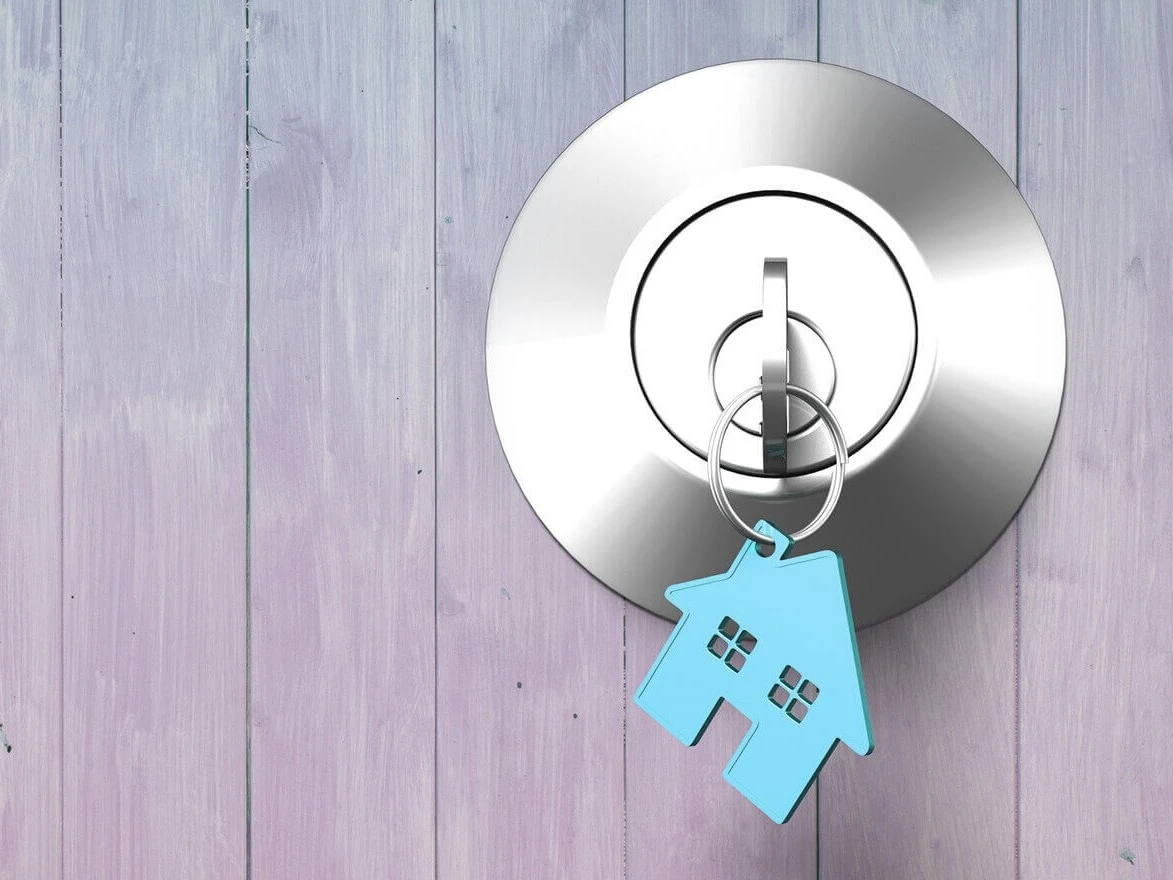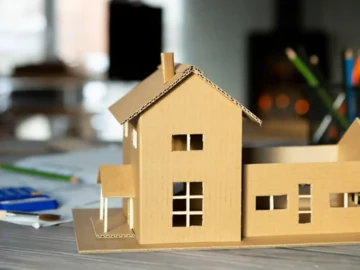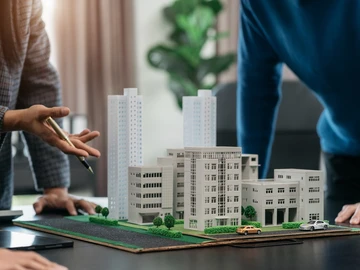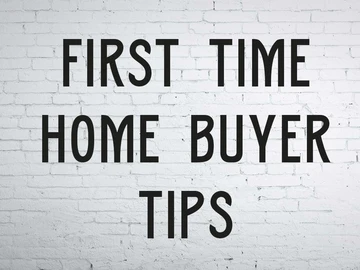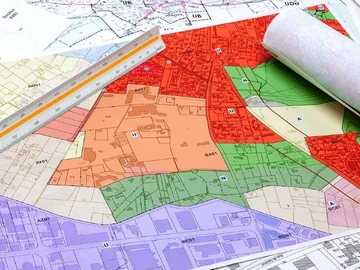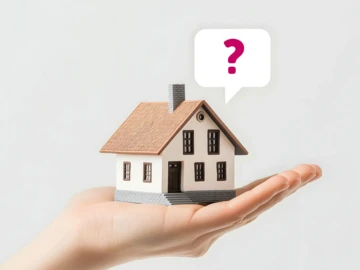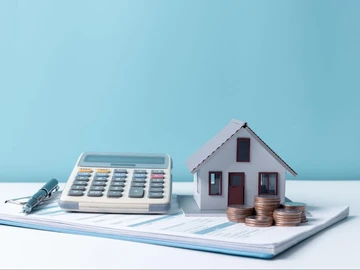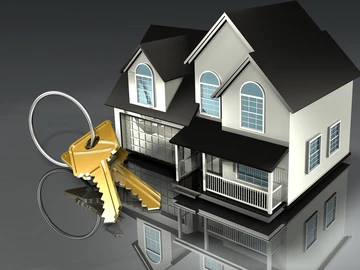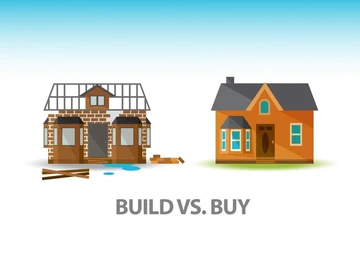Buying a home in Zimbabwe is a major milestone whether you’re purchasing your first house in Harare, a family home in Bulawayo, or an investment property in Victoria Falls. But amid the excitement, it’s easy to make costly mistakes that could affect your finances, peace of mind, and future plans.
Here’s how to steer clear of the most common pitfalls when buying property in Zimbabwe:
1. Not Defining Your Priorities Clearly
One of the biggest mistakes Zimbabwean homebuyers make is jumping into the market without a clear list of must-haves versus nice-to-haves. Whether you’re eyeing a cluster house in Borrowdale or an apartment in Avenues, define your needs upfront:
- Preferred location (proximity to schools, work, transport)
- Property type (stand-alone house, townhouse, or flat)
- Size of the home and land
- Security features (Durawall, CCTV, guard services)
- Access to reliable water (borehole, municipal supply) and power (solar backup)
Without this checklist, you risk wasting time or worse, buying a property that doesn’t suit your lifestyle or future needs.
2. Skipping Proper Research
The Zimbabwean real estate market is diverse and rapidly evolving. Prices vary widely depending on location, title deeds status (freehold vs. leasehold), and infrastructure.
Before committing:
- Research the suburb: Check if the area has reliable ZESA, water supply, and internet.
- Investigate council rates and levies these can reach US$50–US$200/month in some gated estates.
- Visit the property at different times to assess traffic, noise, and safety.
Tools like property.co.zw offer neighbourhood insights, price comparisons, and market trends to help you make informed decisions.
3. Underestimating the True Cost of Buying
Many first-time buyers in Zimbabwe overlook additional property costs. Beyond the agreed sale price, budget for:
- 10%–30% deposit (depending on seller and currency)
- ZIMRA Capital Gains Tax (CGT) – normally 20–30% of profit for the seller but can affect negotiations
- Conveyancing/legal fees – average US$800–US$1,500
- Deed transfer costs – roughly 4–5% of the property value
- Renovation or repair costs (older homes often require updates)
- Monthly rates, insurance, ZESA and water bills, and estate levies (if in a gated community)
Skipping this full budgeting exercise can lead to financial strain soon after moving in.
4. Ignoring Future Growth and Lifestyle Changes
Will the home you buy today suit your life in five years? Consider:
- Family expansion (space for kids or extended family)
- Potential to build extensions or rental cottages
- Ease of resale if you plan to upgrade or relocate
Areas like Mount Pleasant, Westgate, and Tynwald are seeing rising demand due to proximity to new malls, schools, and industrial hubs—buying in such zones could improve future resale value.
5. Failing to Inspect Thoroughly
Many Zimbabwean buyers skip professional inspections to save costs, but this can be disastrous. Hidden problems like:
- Cracks from subsidence
- Outdated plumbing or unsafe electrical wiring
- Roof leaks (common in older homes)
- Pests such as termites (damaging for brick and timber homes)
These can cost thousands to fix later. Engage a qualified building inspector to assess structural and system integrity before signing.
6. Letting Emotions Drive Decisions
Falling in love with a property’s design or garden can blind you to flaws like poor drainage, weak title deeds, or overpriced asking amounts. Stick to your priority list and seek objective advice.
7. Overlooking the Fine Print
Zimbabwe’s property deals come with complex paperwork. Whether buying in USD or ZIG, insist on:
- Verified title deeds or parent deed traceability
- Full disclosure of any outstanding debts (rates, levies)
- A properly drawn up sale agreement vetted by your lawyer
Never sign without legal review especially for new developments or subdivision stands.
8. Rushing Due to Market Hype
With rising demand in Harare and Bulawayo, pressure to make fast offers is high. But hasty deals can lead to regret like discovering flood-prone land or boundary disputes after purchase. Take time to compare at least 3–5 properties and avoid making panic decisions.
9. Ignoring Potential Resale Value
You might not plan to sell soon but life changes fast. Choose properties in growth areas, or those with features Zimbabwean buyers prefer: reliable water sources, solar power systems, secure boundaries, and proximity to schools or hospitals.
Suburbs like Greystone Park, Helensvale, and Mabelreign show higher year-on-year value growth compared to outer suburbs.
10. Not Using Property Professionals
Many buyers try to cut costs by avoiding agents or lawyers. But with risks like bogus sellers, incomplete paperwork, or disputed boundaries rampant, working with registered estate agents and conveyancers from platforms like property.co.zw ensures security, accurate pricing, and guidance through the process.
Your Next Step: Smart, Informed Buying
Buying a home in Zimbabwe is not just a dream it’s an investment in your future. Avoid regret by:
- Defining your needs
- Doing thorough research
- Budgeting beyond the asking price
- Insisting on professional inspections
- Taking advice from trusted agents and lawyers
Explore thousands of verified listings on property.co.zw, Zimbabwe’s No.1 property marketplace with 8,000+ listings and 200+ agents nationwide. Find the home that truly fits your life and financial goals.
 Continue with Facebook
Continue with Facebook
 Continue with Email
Continue with Email

